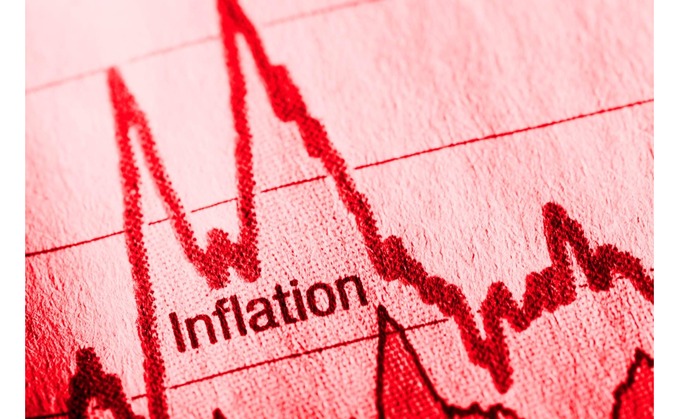
Consumer Prices Index (CPI) inflation rose to 11.1% in the 12 months to October, up from 10.1% in September 2022, reaching a 41-year high.
Data from the Office for National Statistics showed that, on a monthly basis CPI inflation rose by 2% in October 2022 versus a 1.1% rise this time last year.
The Consumer Prices Index including owner occupiers' housing costs (CPIH) rose by 9.6% in the 12 months to October 2022, up from 8.8% in September 2022.
In the report, it said this was despite the government's Energy Price Guarantee, gas and electricity prices made the largest upward contribution to the change in both the CPIH and CPI annual inflation rates between September and October 2022.
The rising cost of food prices also made a significant contribution to rising inflation, the ONS said, while petrol prices softened, acting as one of the biggest detractors.
These results cast a shadow ahead of Jeremy Hunt's Autumn Statement tomorrow, according to Andrew Aldridge, partner at Deepbridge Capital, who said it was "still unclear if we are reaching peak inflation for the year".
Quilter tax and financial planning expert Rachael Griffin said that it is widely expected Hunt will try and take advantage of the higher rate of inflation by freezing of various tax thresholds and allowances for an additional couple of years in his statement tomorrow.
This high level of inflation appears to go in the face of the Bank of England's most recent messaging, that only modestly higher interest rates would be necessary to bring inflation back towards its 2% target.
While these figures show inflation before the BoE's most recent rate hike took effect, JP Morgan Asset Management global market strategist Mike Bell said they were "not so convinced" by the central bank's rhetoric.
"What has been underestimated consistently has been the inflationary pressures stemming from the tight labour market….With headline inflation expected to stay elevated for some months yet, workers may still ask for more pay to protect disposable income," Bell said.
"Until it is clear weaker activity is starting to weigh on wage demands, we believe the Bank of England will have to keep hiking. We see UK rates peaking at 4.5%."
But regardless of whether inflation or interest rates have peaked yet, Aldridge said "this is a tough period for public markets".
He continued: "Investors and financial advisers must adapt to the current fiscal and monetary turmoil; with advisers no longer able to ignore the private markets and venture capital, sectors that are targeting long-term growth opportunities, especially via government approved mechanisms such as the Enterprise Investment Scheme."








